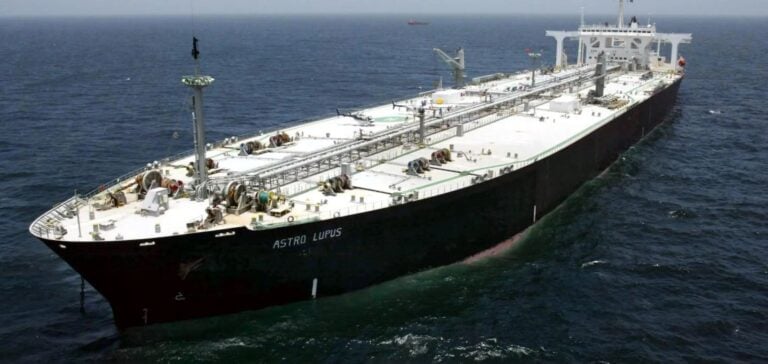The European Union (EU) has taken another step in its strategy of economic pressure against Russia by adopting a 15th package of sanctions, confirmed by the Hungarian presidency of the EU on December 11. These new measures primarily aim to reduce Russia’s logistical and economic capacities in its conflict with Ukraine.
According to an official statement, the latest sanctions package includes an extension of the blacklist of oil tankers. A greater number of tankers transporting Russian oil, including those operated by third countries, will now face restrictions. These measures are part of broader efforts to reinforce the G7’s price cap on Russian oil while limiting Moscow’s export capabilities.
Expanded Target to Third Countries
This new sanctions package introduces restrictions targeting entities based in countries other than Russia but accused of indirectly contributing to the Russian military effort. The strategy also includes expanding the list of sanctioned companies and individuals, a decision approved by the European Council following a proposal submitted by the European Commission in November.
However, no clarification was provided regarding a potential extension of the exemption allowing the Czech Republic to import fuel refined from Russian crude in Slovakia.
The Rise of the Shadow Tanker Fleet
Recent data shows that more than 80% of Russian seaborne crude oil exports in November were carried by vessels not flagged in the G7 countries, the EU, Australia, Switzerland, or Norway, nor insured by Western protection and indemnity clubs. This “shadow fleet” plays a crucial role in Russia’s strategy to bypass Western sanctions.
Despite international efforts, this growing fleet continues to mitigate the economic impact of sanctions on Russia’s oil revenues. Additionally, Moscow’s margins on crude oil remain stable, with the price of Urals crude showing a consistent gap of about $12.25 per barrel compared to dated Brent in November.
Strategic Adjustments Ahead
The EU’s strengthened sanctions come at a time when price differentials for Russian oil, which previously reached record levels of $40 per barrel, are narrowing. However, the current price stability underscores the limitations of sanctions without stricter enforcement.
This new set of measures reflects a heightened resolve among member states to counter Russia’s evasion tactics. The sanctions also aim to send a strong message to third countries indirectly supporting Moscow.






















